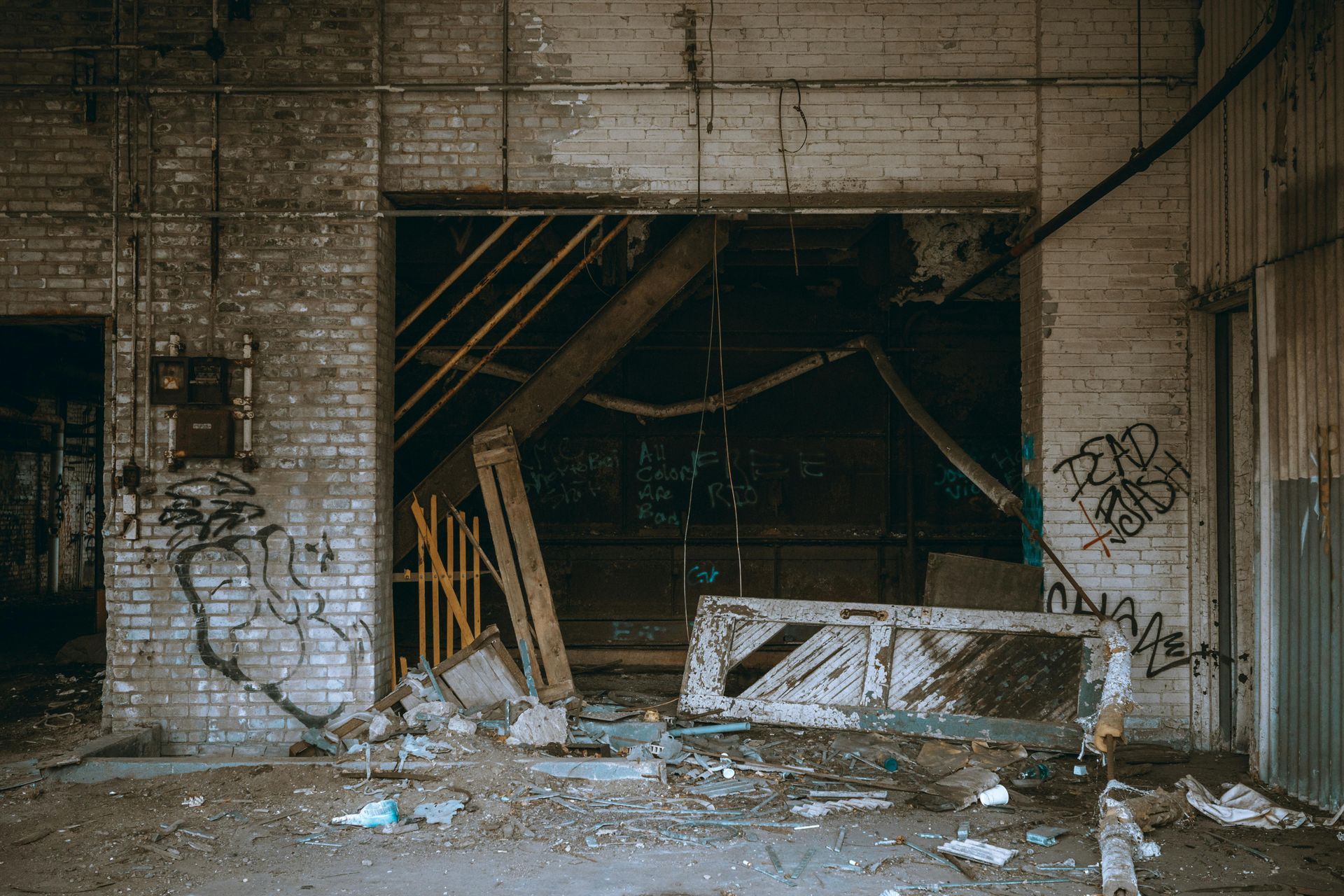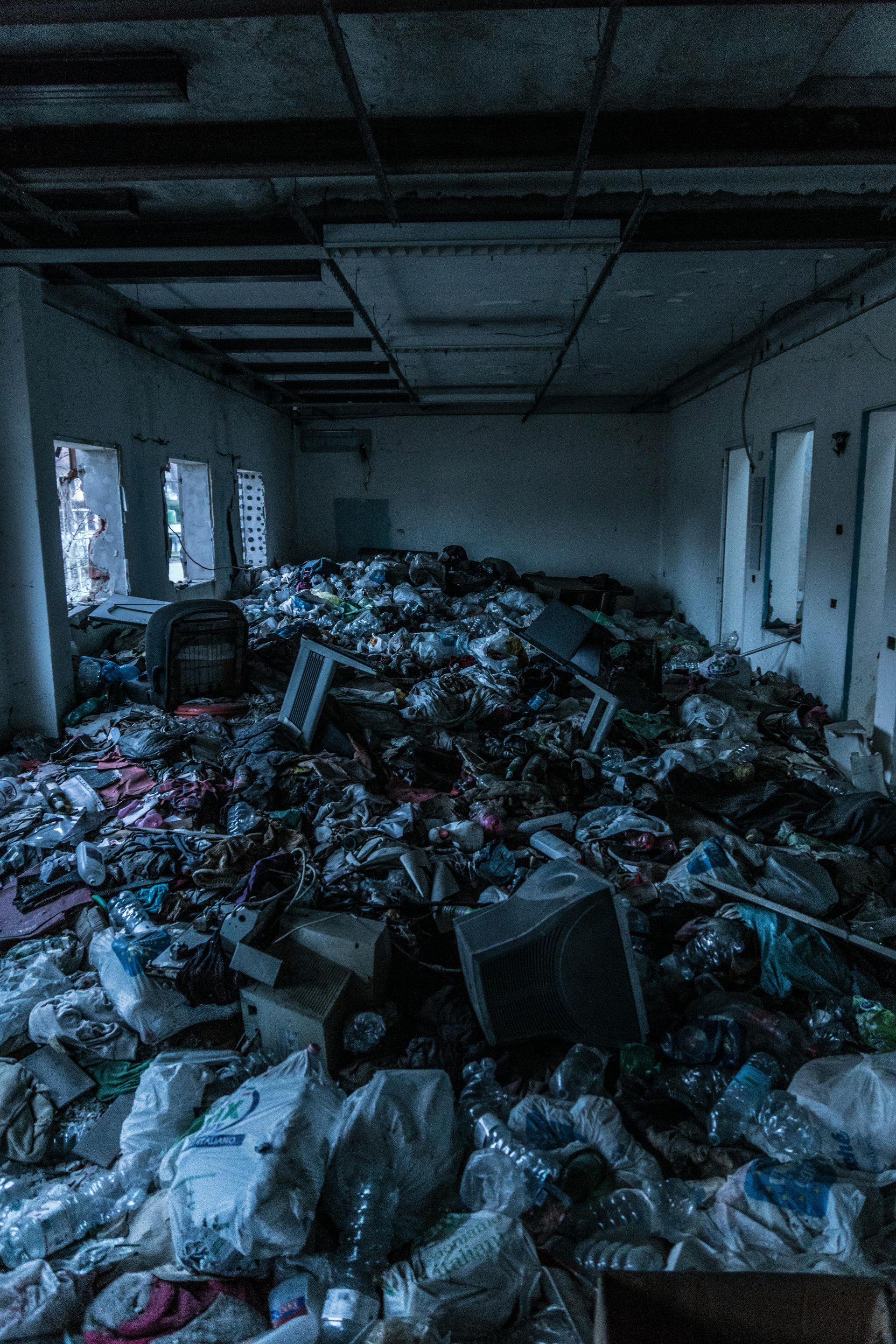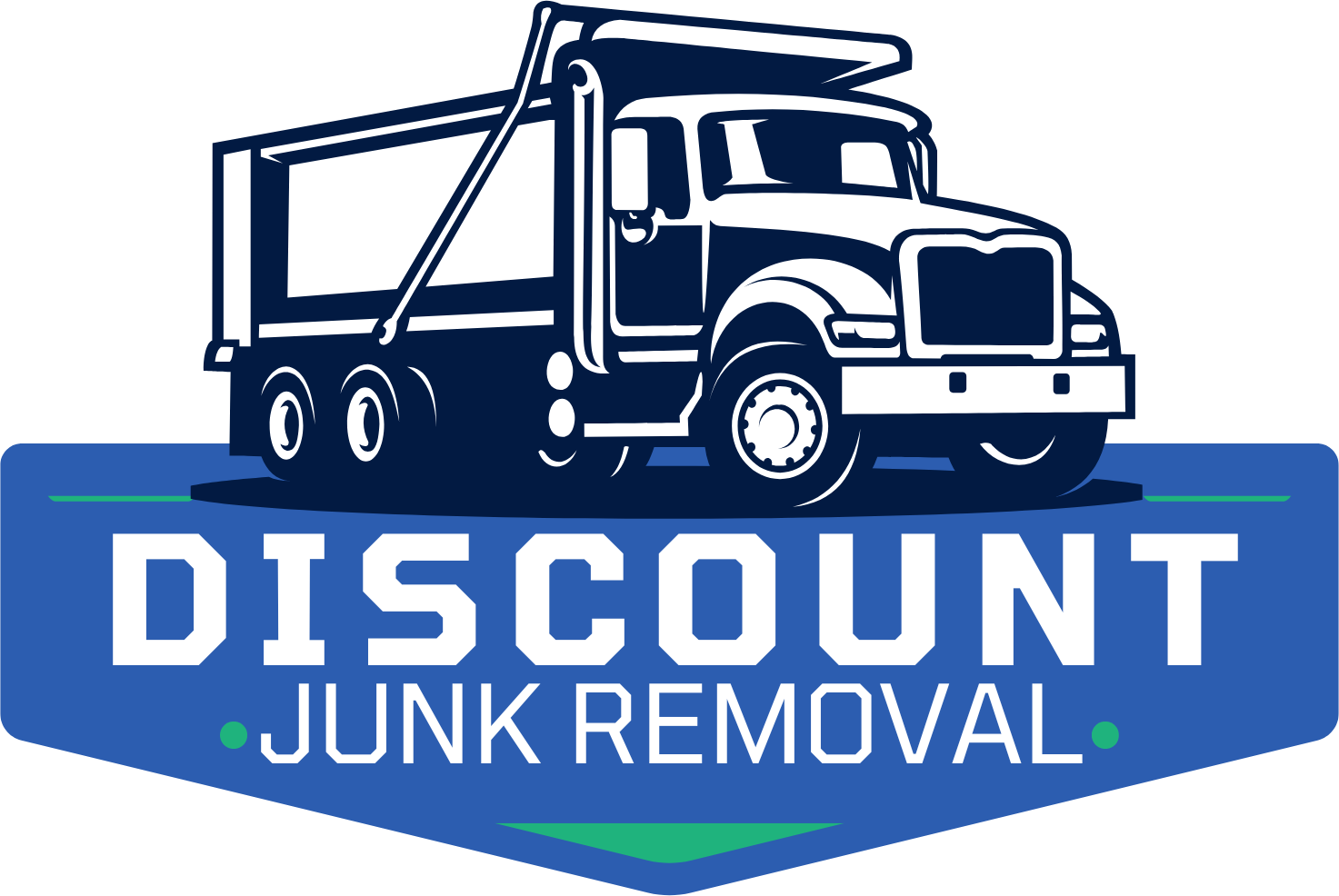Expert Debris Removal Services
Fast, Affordable, and Reliable Solutions for Your Needs

What is Debris Removal?
Debris removal refers to the process of clearing unwanted materials, waste, and debris from properties, job sites, or specific areas that require cleaning. Whether it's after a natural disaster, construction project, or home renovation, debris removal services help ensure that the space is safe, clean, and organized. Professional debris removal teams are trained to handle a wide variety of materials, including wood, metal, drywall, concrete, and even hazardous items. The goal is to remove any leftover debris that could pose safety risks or hinder the usability of the space. Debris removal services are not only essential for construction and demolition projects but also after events like storms, floods, or fires, helping to restore affected areas. These services can save property owners time, effort, and the hassle of dealing with large amounts of waste themselves, allowing for a smoother recovery or project completion.
Why You Need Professional Debris Removal Services
Debris removal services handle a wide range of materials, depending on the nature of the cleanup job. Common types of debris include construction debris, including wood, metal, drywall, concrete, and flooring, which are often found on construction sites or after home renovations. Storm debris removal is another common service, with materials such as fallen tree branches, leaves, and other natural waste being cleared from residential or commercial properties. After disasters, debris may include broken glass, damaged furniture, and other personal items. Hazardous debris, such as chemicals, paints, and industrial waste, requires specialized handling and disposal to comply with safety regulations. Many professional debris removal services use eco-friendly debris removal techniques to recycle or repurpose certain materials, helping to reduce landfill waste. No matter the type of debris, professional services ensure proper removal, disposal, and recycling, making the process easier and safer for property owners.
Common Types of Debris and How They're Handled
Debris removal services handle a wide range of materials, depending on the nature of the cleanup job. Common types of debris include construction debris, including wood, metal, drywall, concrete, and flooring, which are often found on construction sites or after home renovations. Storm debris removal is another common service, with materials such as fallen tree branches, leaves, and other natural waste being cleared from residential or commercial properties. After disasters, debris may include broken glass, damaged furniture, and other personal items. Hazardous debris, such as chemicals, paints, and industrial waste, requires specialized handling and disposal to comply with safety regulations. Many professional debris removal services use eco-friendly debris removal techniques to recycle or repurpose certain materials, helping to reduce landfill waste. No matter the type of debris, professional services ensure proper removal, disposal, and recycling, making the process easier and safer for property owners.
How Much Does Debris Removal Cost?
The cost of debris removal services can vary based on several factors, including the volume of debris, the type of materials being removed, and the complexity of the job. Smaller jobs, such as removing household waste or garden debris, are typically less expensive than larger, more complex projects like construction debris removal or storm debris clean-up. Most companies charge based on the volume or weight of the debris, with larger amounts of waste leading to higher costs. It’s important to request a detailed quote or estimate from a debris removal service to understand the pricing structure upfront. Some companies offer flat-rate pricing for specific types of debris removal, while others charge by the hour or based on the size of the load. While debris removal might seem like an added expense, it can save property owners valuable time and reduce the risk of injury or damage that might occur from attempting to clear debris themselves.
When to Schedule Debris Removal Services
The timing of debris removal depends on the type of cleanup needed. For construction projects, it’s essential to schedule debris removal during and after the build, as ongoing work often generates waste that needs to be cleared to maintain a safe work environment. Post-construction debris removal should be done as soon as the work is completed to ensure that the site is ready for occupancy or use. In cases of storm damage, storm debris removal should be scheduled as soon as possible to avoid further property damage or safety hazards. After a major event, such as a flood or fire, debris removal should be one of the first steps in restoring the property. Scheduling debris removal services promptly ensures that the area is cleared quickly, reducing potential risks and making the space usable again in the shortest amount of time possible.
Benefits of Eco-Friendly Debris Removal
Opting for eco-friendly debris removal offers multiple benefits, both for the environment and your business or home. Many debris removal services prioritize recycling, ensuring that materials like metal, wood, and concrete are processed and repurposed rather than sent to landfills. For example, construction debris such as scrap metal can be recycled, and wood can be repurposed or composted. Choosing an eco-friendly service not only helps reduce waste but also promotes sustainability and aligns with green building practices. Businesses that use eco-friendly debris removal can market their commitment to environmental responsibility, potentially attracting more environmentally-conscious clients. Additionally, eco-friendly services may help businesses comply with local regulations regarding waste disposal and recycling, avoiding fines or penalties for improper waste handling. Overall, eco-friendly debris removal practices contribute to reducing pollution and conserving resources.
How to Choose the Right Debris Removal Company
When selecting a debris removal service, it's essential to consider factors like reputation, experience, and expertise. Look for a company with positive reviews and a proven track record in handling debris removal projects, whether for residential or commercial clients. A reputable company will have a team of trained professionals who are equipped to deal with all types of debris, from storm debris to construction debris. It's also important to ensure that the company follows eco-friendly practices and can handle specific types of waste, such as hazardous materials, safely and responsibly. Price is another key consideration, so make sure to get a detailed estimate before the work begins. Ask the company about their insurance and licensing to ensure that you’re working with a legitimate and professional service provider. By choosing the right company, you can ensure that the debris removal process is smooth, efficient, and meets your specific needs.
How to Prepare for Debris Removal Services
Preparing for debris removal services can help speed up the process and ensure a smoother experience. Before the crew arrives, make sure that the area is accessible and that any hazardous materials are clearly marked for special handling. It’s also important to have a plan in place for large or heavy items that may require special equipment, such as cranes or dumpsters. If possible, separate recyclable materials like metal, wood, and cardboard to help the debris removal company sort the waste more efficiently. Communicate any specific requirements or concerns with the service provider beforehand to avoid delays or confusion. By taking these simple steps, you can ensure that the debris removal team can do their job effectively and quickly, minimizing the time and cost associated with the project.
The Final Steps After Debris Removal
Once debris removal is complete, there are a few final steps to ensure that your property is clean and ready for use. The area should be thoroughly inspected for any remaining debris or hazards. In many cases, the debris removal company will provide a final sweep or cleaning of the site to ensure it is free of dust and debris. If the debris removal is part of a construction or renovation project, additional tasks such as pressure washing or final touch-ups may be necessary. Finally, review the work done to ensure all debris has been properly disposed of and that recyclable materials were handled according to eco-friendly practices. By following up with the debris removal company and ensuring all waste has been removed and disposed of responsibly, you can enjoy a clean, safe, and usable space.
All Rights Reserved | Discount Junk Removal



